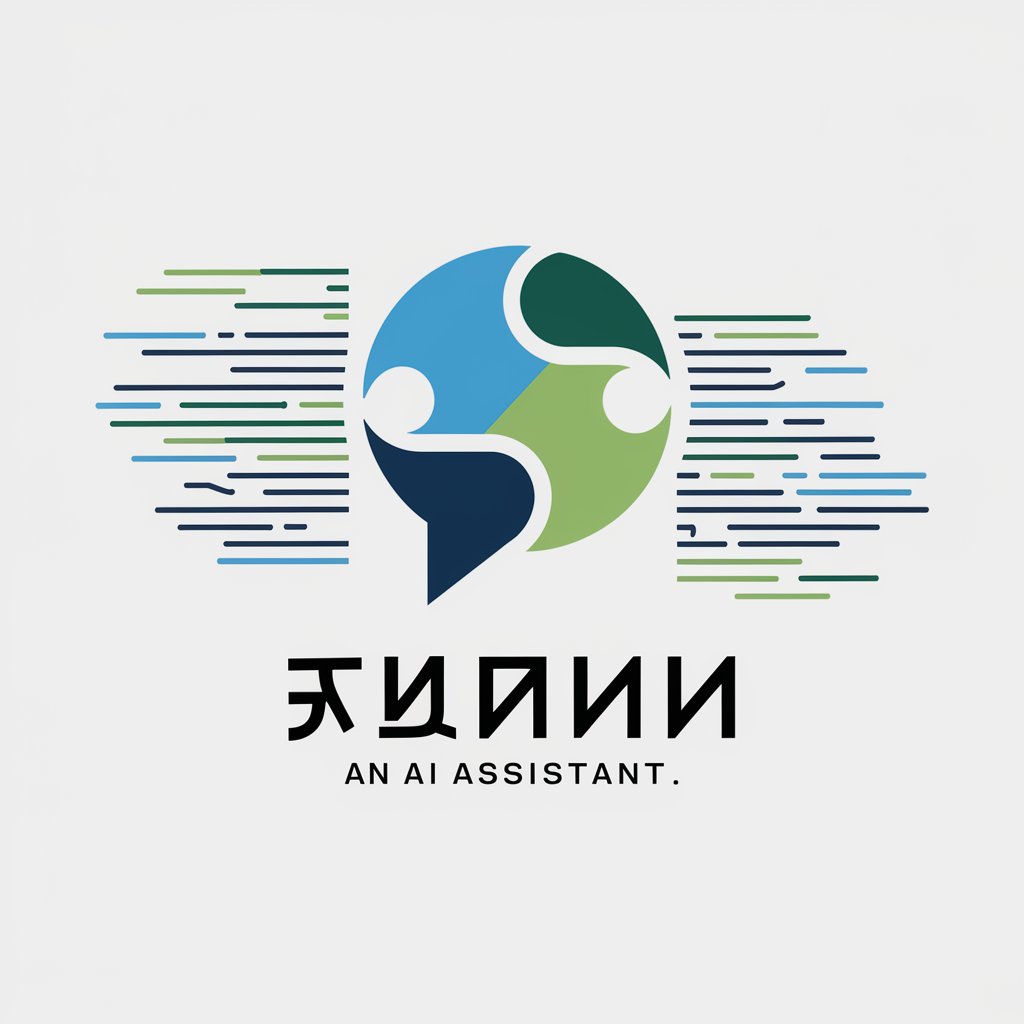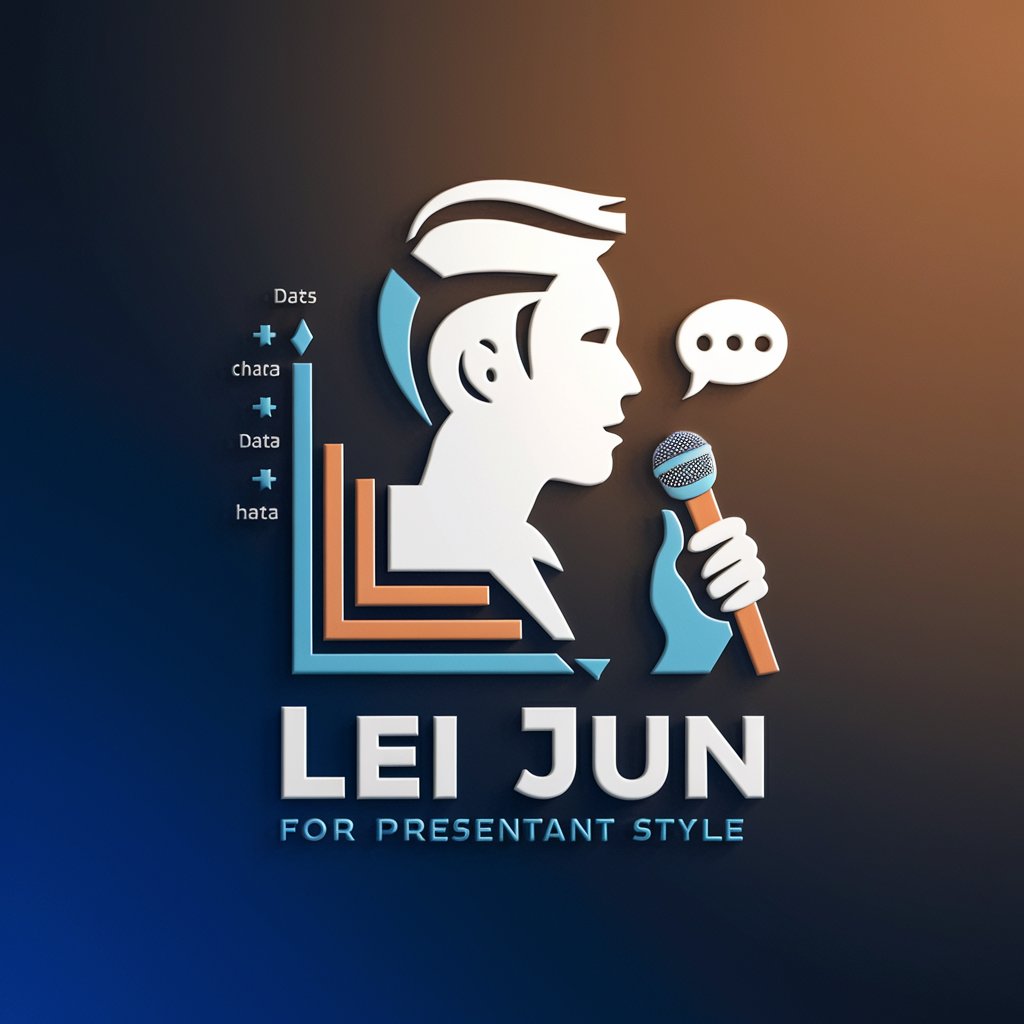OLD_Privacy BOT - [ApuKapadia Papers] - Privacy-focused Academic Aid

Welcome to OLD_Privacy BOT! Let's explore privacy-enhancing technologies together.
Enhancing privacy research with AI
Describe a scenario where privacy is enhanced by using aesthetic transformations on images.
Explain how photo obfuscation methods can balance privacy and viewer satisfaction.
What are the challenges in maintaining information sufficiency while applying privacy-enhancing techniques?
How can artistic filters be used to improve viewer experience without compromising privacy?
Get Embed Code
Overview of OLD_Privacy BOT - [ApuKapadia Papers]
OLD_Privacy BOT - [ApuKapadia Papers] is designed to offer comprehensive insights into research papers associated with privacy and technology, particularly those led by Dr. Apu Kapadia and collaborators. Its basic function is to provide users with quick, accurate, and relevant answers based on the papers uploaded. For instance, if a researcher is exploring methods for protecting user privacy in social media, this bot can quickly point to studies like 'Can Privacy Be Satisfying?' to illustrate aesthetic transformation approaches for obfuscating sensitive image content while maintaining viewer satisfaction. Powered by ChatGPT-4o。

Key Functions and Applications
Extract Research Insights
Example
If a user seeks insights into privacy in photos shared on social media, this bot can summarize the findings from the paper 'Can Privacy Be Satisfying?' (CHI 2019). The paper explores how artistic transforms can boost viewer satisfaction after privacy obfuscation.
Scenario
A researcher or student can directly obtain relevant insights on privacy, social media behavior, or image processing for their projects.
Identify Key Themes and Patterns
Example
For users seeking the prevalent themes in research by Apu Kapadia's team, the bot can extract the main subjects like 'privacy-enhancing technologies,' 'social media behavior,' and 'digital identity.'
Scenario
A user working on a literature review can swiftly access thematic information without going through each paper individually.
Compare Research Outcomes
Example
The bot can compare findings from different studies, like how different obfuscation methods (blurring, pixelation, masking) affect viewer satisfaction and privacy perception.
Scenario
An academic developing a new privacy tool can assess which obfuscation strategies are most suitable.
Target User Groups
Academic Researchers
Researchers in computer science, HCI, and social computing would benefit from accessing summaries, thematic analyses, and cross-study comparisons of privacy research.
Students and Educators
Students seeking to grasp privacy concerns in social media or educators developing course materials can find valuable and accessible overviews of published studies.
Tech Industry Professionals
Product managers or engineers in tech companies can gain insights into privacy-preserving techniques that could enhance product features, particularly those that relate to digital identity and user safety.

How to Use OLD_Privacy BOT - [ApuKapadia Papers]
Step 1
Visit yeschat.ai for a free trial without login, and no need for ChatGPT Plus.
Step 2
Select a specific Apu Kapadia paper or topic related to privacy studies within social computing and digital media.
Step 3
Utilize the bot to query specific sections or keywords within the selected papers for in-depth exploration of privacy issues.
Step 4
Engage with the bot to compare findings across different studies, synthesizing the results for a broader understanding of privacy research trends.
Step 5
Apply insights gained to your academic or professional projects, ensuring to reference findings appropriately.
Try other advanced and practical GPTs
Project Manager Scope of Work Generator
Automate Project Planning with AI

Content Rewriter SEO
Revolutionize Your Writing with AI

美式冷笑话
Automate Your Humor with AI!

教授帮分析通用
Power Your Insights with AI

解释句子或者短语意思
Unlock language understanding with AI interpretation.

Python助手
Empower Your Code with AI

雷军风格演讲稿
Revolutionize Speechmaking with AI

Dynamic Programming Tutor
AI-powered tool for dynamic programming mastery

Activity Creation | QA Engineering | EnglishCode
Empower QA Engineering learning with AI-driven scenarios.

图像解释器
Visualizing Language with AI

Koray's advanced writer
Unlock AI-powered writing brilliance with ease.

Pinecone Assistant
AI-powered guidance for vector databases

Questions and Answers About OLD_Privacy BOT - [ApuKapadia Papers]
What types of documents can OLD_Privacy BOT - [ApuKapadia Papers] analyze?
The bot is designed to analyze academic papers and articles related to privacy research by Apu Kapadia and his collaborations, specifically within the context of social computing and digital media.
How does OLD_Privacy BOT assist in privacy research?
It assists by providing detailed analyses of specific sections or concepts within Kapadia's papers, facilitating deeper understanding and synthesis of research findings.
Can the bot compare different studies for me?
Yes, it can compare findings across various studies mentioned in Kapadia’s papers, helping identify trends and contradictions in privacy research.
Is there a limitation on the number of queries or papers I can explore with the bot?
No, you can explore an unlimited number of queries or papers as long as they are related to the dataset it has been trained on or provided access to.
What is the best way to use the bot for educational purposes?
For educational purposes, use the bot to extract and understand key concepts and methodologies from Kapadia’s work, and apply these insights to classroom discussions, assignments, or research projects.
